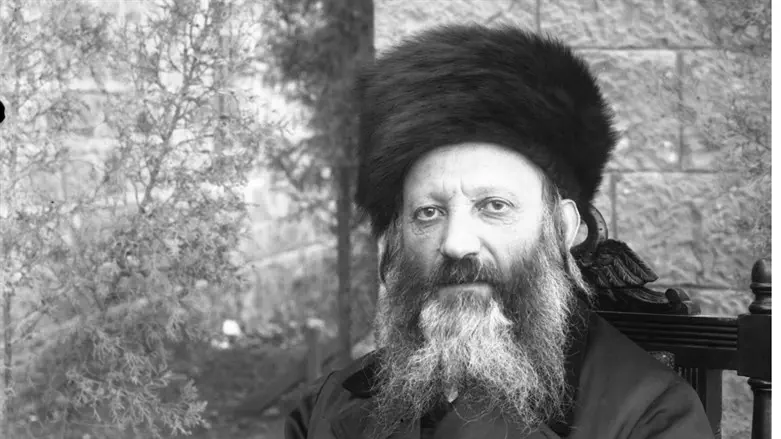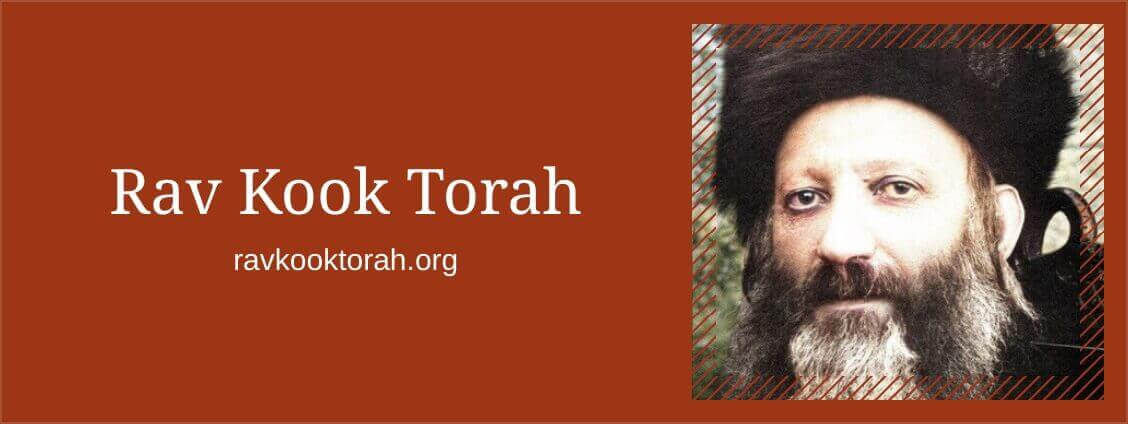
After working at Laban’s ranch for 14 years, Jacob was anxious to return home, to the Land of Israel. Laban, however, was not eager to let his nephew go. “I have observed the signs,” he told Jacob, “and God has blessed me for your sake” (Gen. 30:27).
The Talmud (Berachot 42a) points out that Laban’s good fortune was not due only to Jacob’s industriousness and hard work. “Blessing comes in the wake of a Torah scholar,” the Sages taught. The very presence of a saintly scholar brings with it blessings of success and wealth.
Yet, this phenomenon seems unfair. Why should a person be blessed just because he was in the proximity of a Torah scholar?
The Influence of a Tzaddik
To answer this question, we must understand the nature of a tzaddik and his profound impact on those around him. The presence of a Torah scholar will inspire even a morally corrupt individual to limit his destructive acts. As a result of this positive influence, material benefits will not be abused, and divine blessings will be utilized appropriately. Such an individual, by virtue of a refining influence, has become an appropriate recipient for God’s blessings.
In addition to the case of Laban and Jacob, the Talmud notes a second example of “Blessing coming in the wake of a Torah scholar.” The Torah relates that the prosperity of the Egyptian officer Potiphar was in Joseph’s merit (Gen. 39:5). In some aspects, this case is more remarkable.
Unlike Laban, Potiphar was not even aware of the source of his good fortune. Nonetheless, Joseph’s presence helped raise the ethical level of the Egyptian’s household, making it more suitable to receive God’s blessings.
(Gold from the Land of Israel. Adapted from Ein Eyah vol. II, pp. 187-188. Illustration image: ‘Jacob with the Flock of Laban’ Jusepe de Ribera,1632, sent to Arutz Sheva by Rabbi Chanan Morrison, ravkooktorah.org)
The celebrated first Chief Rabbi of pre-state Israel, Rav Avraham Yitzchak HaCohen Kook (1865-1935) is recognized as being among the most important Jewish thinkers of all time. His writings reflect the mystic's search for underlying unity in all aspects of life and the world, and his unique personality similarly united a rare combination of talents and gifts.He was the undisputed leader of Religious Zionism, defining the Jewish People and the Land of Israel as entities with specific commandments in the Torah of Israel, a construct known as Torat Eretz Yisrael.
Rav Kook was a prominent rabbinical authority and active public leader, but at the same time a deeply religious mystic. He was both Talmudic scholar and poet, original thinker and saintly tzaddik.
